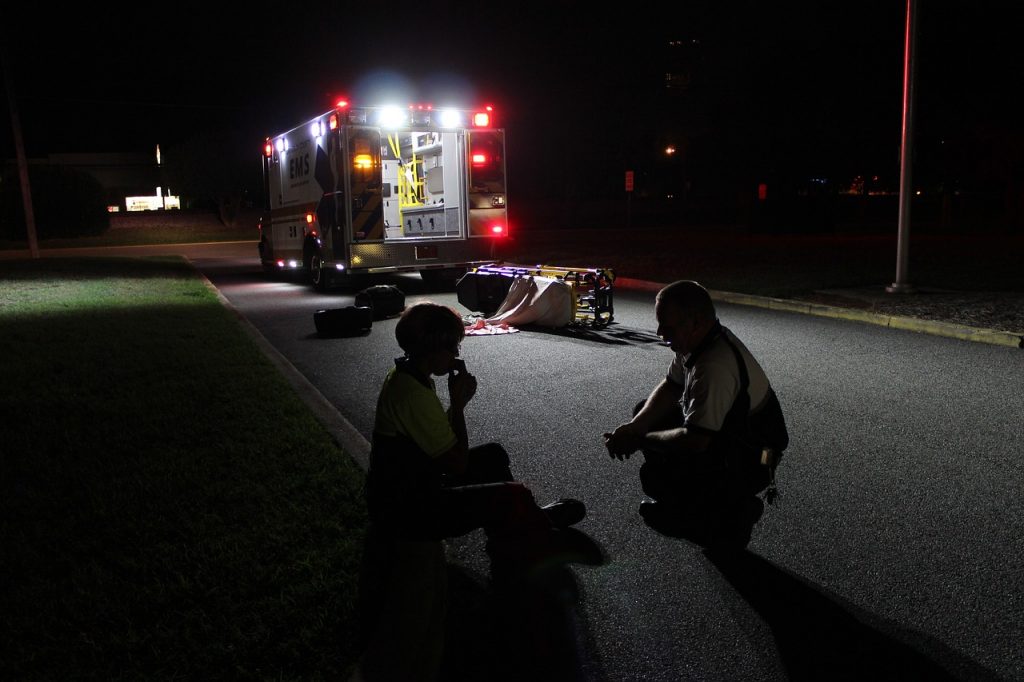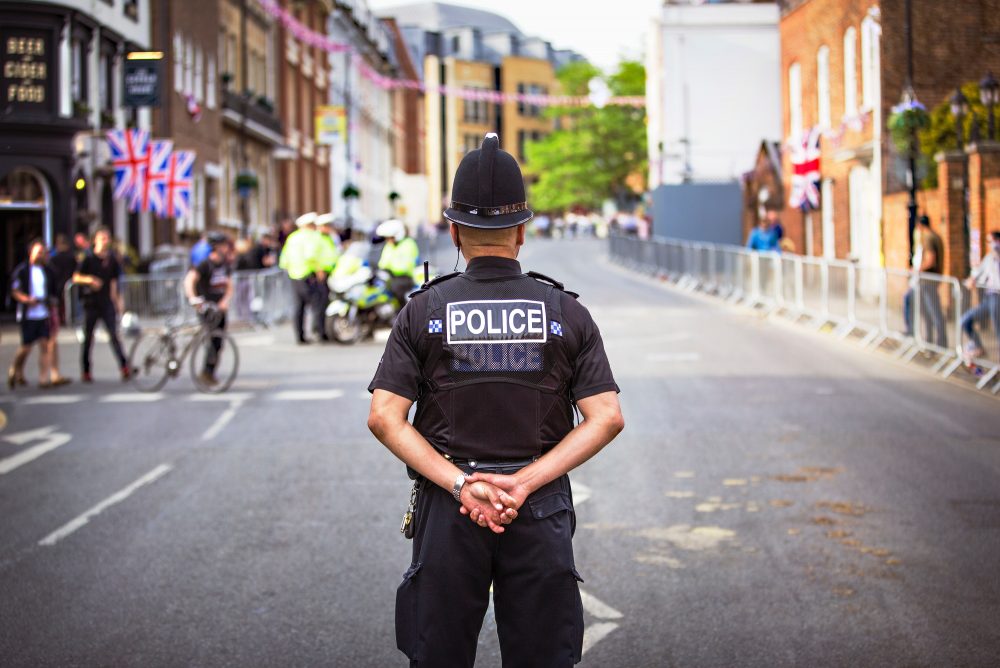One in five police officers are suffering from post-traumatic stress disorder (PTSD), but most are unaware that they have the condition, a landmark study has found.
A survey of 17,000 serving officers and operational staff found 95 percent of officers and 67 percent of operational police staff had been exposed to traumatic events.
Rates of PTSD were nearly five times higher than the wider population.
Two-thirds of those exhibiting signs of the condition did not know that they were suffering.
PTSD symptoms vary for each person, but can include increased anxiety, flashbacks to a traumatic event, self-isolation from friends, family and work, exhaustion and suicidal thoughts.
Police PTSD A ‘Clinical Crisis’

Image credit: Pixabay
Dr Jess Miller, a sociologist who led the research for Cambridge University, said that the high levels of PTSD was “a clinical and public sector crisis”, and resources to help police cope were urgently needed to make sure that they are treated in a way which allows them to carry on with their careers.
“Dealing with disturbing experiences is a defining part of policing, but employees have a right to expect resources to protect them from the impact of daily trauma exposure. Without such resources in place, the cost to policing and public safety will just mount up,” Dr Miller said.
“Without decent interventions and monitoring for trauma impact, and a national conversation involving the Home Office and Department of Health, the alarming levels of PTSD our study has uncovered will stay the same.”
Employees have a right to expect resources to protect them from the impact of daily trauma exposure.
Dr Jess Miller, research lead at Cambridge University
“For the first time in the UK we can see behind the cultural trope of the burnt-out copper who has seen too much,” Dr Miller said. “A stiff upper lip attitude will not work in contemporary policing.”
Police Care UK chief executive Gill Scott-Moore added that a “comprehensive strategy to tackle the issue of mental health in policing” needed to be introduced.
“The service has real challenges around recognising and responding to the signs and symptoms of trauma exposure and is heavily reliant upon generic NHS provision that isn’t equipped for the specialist treatment needed,” he said.
My PTSD Made Me A ‘Nightmare’

Image credit: Pixabay
PC Lee Jackson worked with Durham Police for over 19 years and loved his job. However, his life changed when responding to a violent domestic dispute on a street in 2015.
Jackson was on his own, and tried to intervene in the fight but he ended up being attacked, with the perpetrator attempting to gauge his eye out. His eye eventually became infected and he was temporarily blinded, but a week later he returned to work. Flashbacks of the attack haunted him.
I would wake up sort of in a sweat and physically feel like I’d been back living that moment again.
PC Lee Jackson, a police officer with PTSD
“I would wake up sort of in a sweat and physically feel like I’d been back living that moment again,” he told the BBC.
Jackson says he became a “nightmare” to live with. He couldn’t focus on work, and was constantly on high alert for another attack. Eventually, he sought out help and was diagnosed with PTSD.
“What I’d done is just to put them away in a box in my brain, left them, and never had a chance to go back.”







